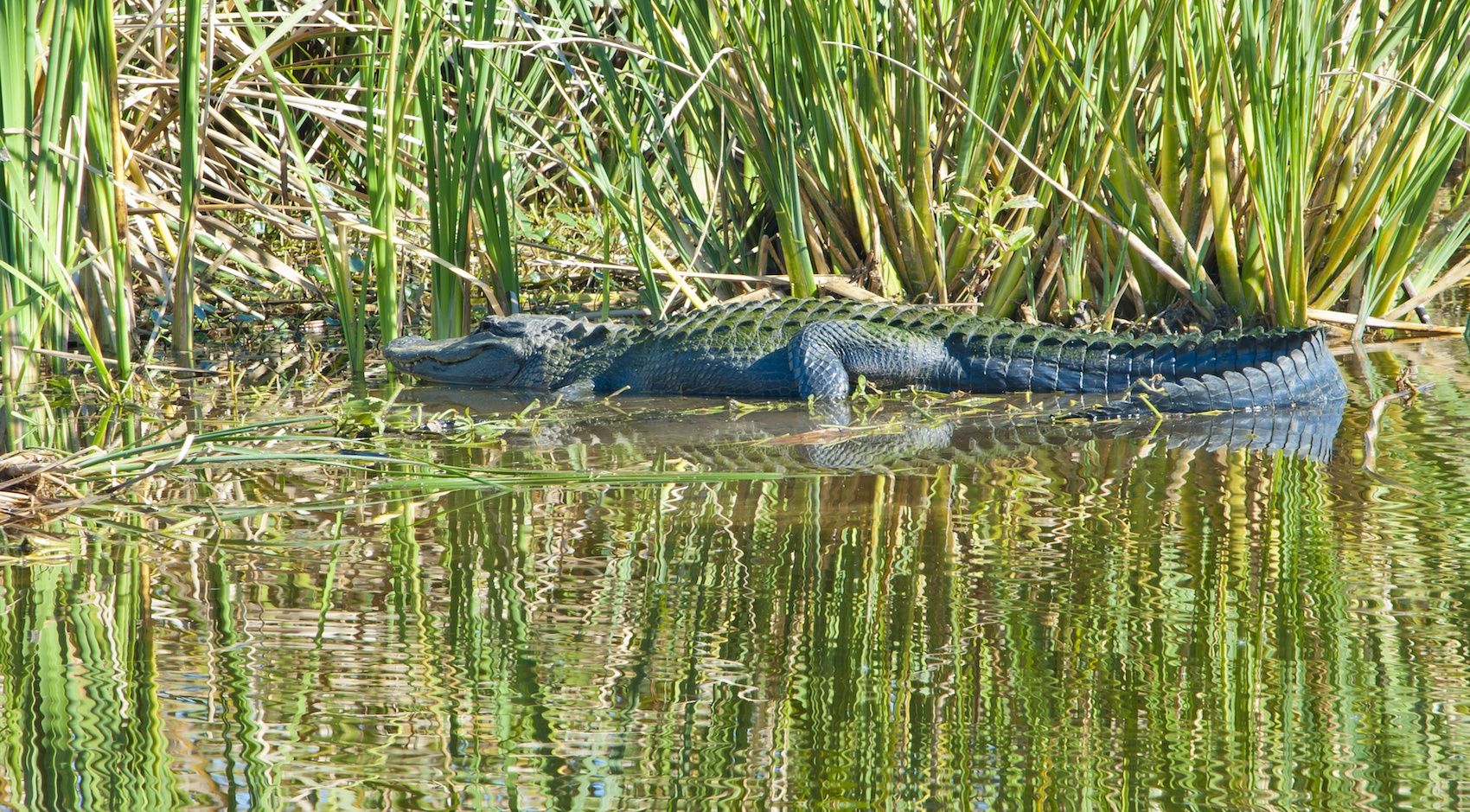 When wildlife attacks mankind it creates instant headlines. Some tragic, as the recent tragedy in Florida with a toddler taken by an alligator along the edge of a resort lagoon, or some more hopeful such as the mother who fought off a mountain lion attack on her child in Colorado. As we have noted more than once in this space, Charleston, SC and the surrounding coastal region is breathtakingly beautiful, but the delights of the outdoor lifestyle that this area offers up means being acutely aware of the threats that naturally inhabit the lowcountry.
When wildlife attacks mankind it creates instant headlines. Some tragic, as the recent tragedy in Florida with a toddler taken by an alligator along the edge of a resort lagoon, or some more hopeful such as the mother who fought off a mountain lion attack on her child in Colorado. As we have noted more than once in this space, Charleston, SC and the surrounding coastal region is breathtakingly beautiful, but the delights of the outdoor lifestyle that this area offers up means being acutely aware of the threats that naturally inhabit the lowcountry.
We live in a beautiful lowland setting and for many of us here in the lowcountry we do not just look at the wildlife, we are often intermingled with it all on a daily basis. For anyone living near fresh water, be it lakes, rivers or marsh they will also live near predatory wildlife and the top of that food chain will be the alligator. They have been here far longer than man has occupied these environs. They are aware of our presence and wary of us, but there are rules of engagement here that we should both be aware of and ensure we all follow whether resident or visitor.
Alligators are, and always will be, wild and dangerous. They are protected, and with that we strive to live compatibly with our native wildlife. This means that we share the lowcountry environment with wild creatures. It is our responsibility to always be aware of our surroundings so as to avoid encounters that could injure us or our wildlife. They are instinctive in their habits and will see humans as food if handled incorrectly. They are naturally wary of humans and we are not a food source for them.
Although there are always potential conflicts with alligators when we, or our pets, are near fresh or brackish waterways – but by following a few rules we can all stay safe:
- Leave alligators alone. They are not pets and consider you as either a threat or as a source of food. Look but do not approach – and do not disturb.
- Never swim in any lagoon. Even though humans are NOT an alligator’s natural prey, an alligator is attracted to noise and splashing in the water. An alligator will mistake a swimmer, or your pet, for food and for those reasons may attack.
- Never allow your children to play near the water unsupervised. As a good rule of thumb, never allow them to play near water in woods or marshes as there are numerous other wildlife threats that may lurk as well.
- Do not feed alligators. This is illegal and for good reason: if an alligator is fed, it will associate people with food and will lose its natural fear of humans. If you see anyone feeding an alligator politely advise them against this.
- Fish wisely. Never have a stringer of fish connected to you or your boat – always plan to carry a cooler to put your fish in. An alligator that has learned that a fishing line means food could be a threat. If an alligator approaches your boat or kayak, slap the water loudly with your paddle. In most cases, the alligator is just curious and the sudden noise will scare him off.
- Always keep your pets leashed when near lakes, lagoons, or rivers.
Finally, remember that we, as good stewards of this amazing place, must learn to live with the wild creatures of the lowcountry. By being mindful of our responsibility for our safety, we can all enjoy this remarkable land we call home.
NOTE: The allure of the lowcountry for those with a love of the outdoor or a boating lifestyle means living in a waterfront home, whether that means ocean views or access to a dock. Living alongside the marsh, rivers and tidal creeks that wind through the Charleston area allows for great fishing, shrimping, crabbing or grabbing oysters at low tide.
Buying waterfront property in this area means understanding how the tides will affect your values. Find out why we are considered experts at selling and understanding waterfront real estate.
Interested in Learning More?
Our expert teams - from development, investment, real estate, and property management - have experienced it all and have the insight to help you along the way.
Find Out More